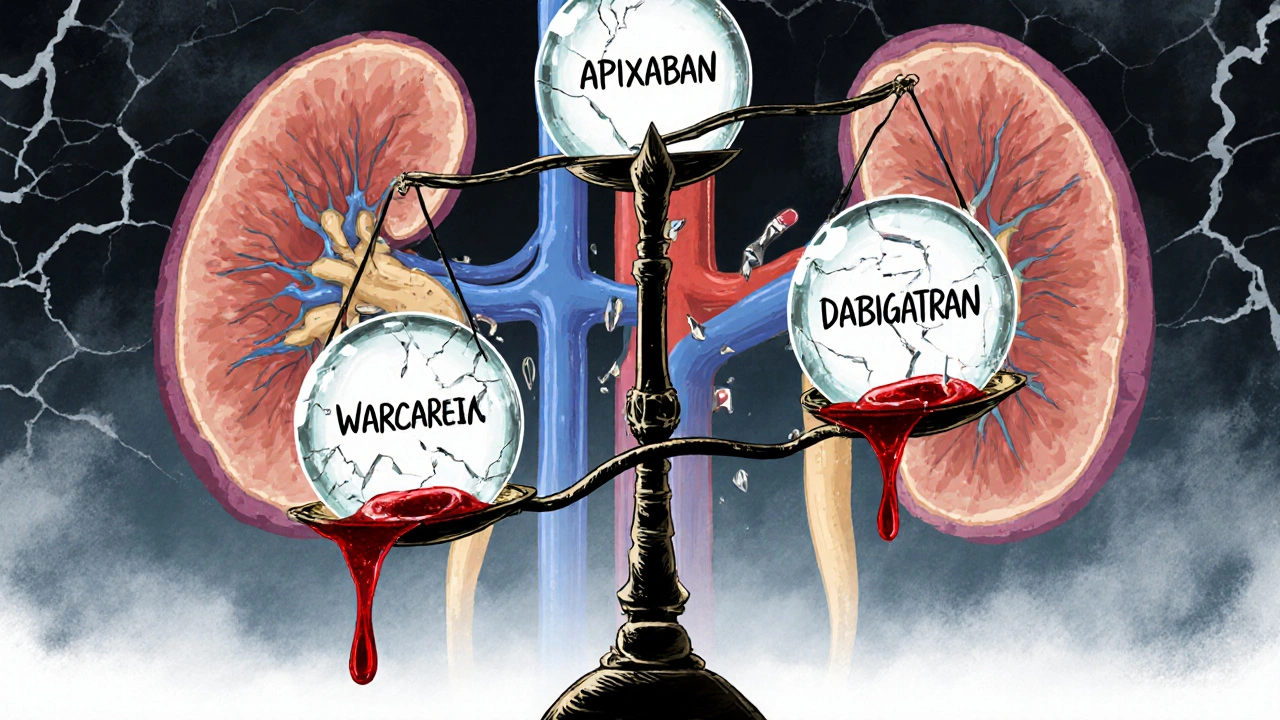DOACs: What They Are, How They Work, and Why They Matter
When you hear DOACs, Direct Oral Anticoagulants are a class of medications that prevent dangerous blood clots without needing regular blood tests. Also known as non-vitamin K antagonist oral anticoagulants, they’ve changed how millions manage atrial fibrillation, deep vein thrombosis, and pulmonary embolism. Unlike older drugs like warfarin, DOACs don’t require constant monitoring with INR tests. They work by directly blocking specific clotting factors—either factor Xa or thrombin—making them simpler to use and more predictable in how they behave in your body.
DOACs are part of a broader shift in anticoagulant therapy, the medical approach to preventing harmful blood clots that can lead to stroke or organ damage. They’re not the only option, but they’ve become the first choice for many patients because they have fewer food interactions, less risk of bleeding complications, and don’t need weekly blood draws. For someone with atrial fibrillation, an irregular heartbeat that increases stroke risk, switching from warfarin to a DOAC can mean fewer doctor visits and more freedom in daily life. But they’re not for everyone—kidney function, age, and other meds matter. If you’re on a DOAC, you still need to know the signs of bleeding and what to do if you miss a dose.
The posts here cover real-world issues tied to DOACs: how they compare to older blood thinners, what happens when they interact with other drugs like NSAIDs or antibiotics, and how patients manage long-term use without constant lab checks. You’ll find practical advice on sticking to your schedule, handling side effects, and understanding when a DOAC might not be the best fit. Whether you’re just starting one or have been on it for years, this collection gives you the clear, no-fluff facts you need to stay safe and in control.

Anticoagulation in Kidney and Liver Disease: What Doctors Really Do
Managing blood thinners in kidney and liver disease is complex. Apixaban is often the safest DOAC, while warfarin remains tricky due to unreliable INR. Real-world data guides decisions when trials don’t.